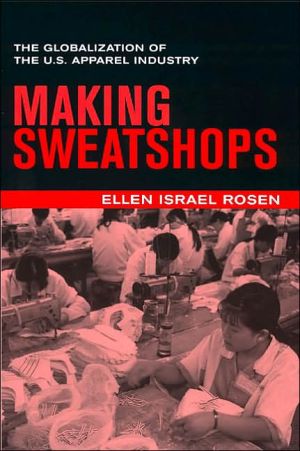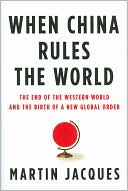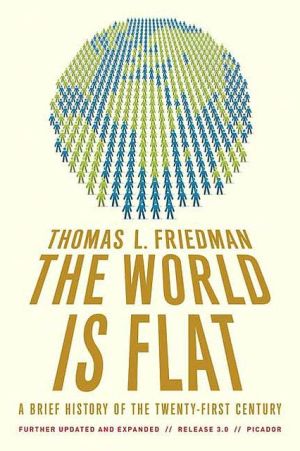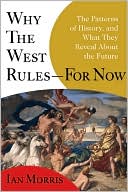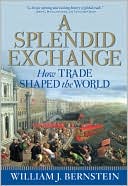Making Sweatshops: The Globalization of the U.S. Apparel Industry
The only comprehensive historical analysis of the globalization of the U.S. apparel industry, this book focuses on the reemergence of sweatshops in the United States and the growth of new ones abroad. Ellen Israel Rosen, who has spent more than a decade investigating the problems of America's domestic apparel workers, now probes the shifts in trade policy and global economics that have spawned momentous changes in the international apparel and textile trade. Making Sweatshops asks whether the...
Search in google:
"Making Sweatshops reveals the inexorable movement towards an open trading system, the shifting alignments of actors pushing for or opposing openness, and, most centrally, how trade policy promotes the globalization of apparel production, filling a gap in our understanding of these dynamics."—Richard P. Appelbaum, coauthor of Behind the Label: Inequality in the Los Angeles Apparel Industry"A detailed examination of the role that trade policy plays in the process of globalization. Rosen provides a meticulous historical analysis of the textile/apparel industry, one of the world's most globalized industries and one of its most hot-button issues."—Stephen Cullenberg, coauthor of Transition and Development in India"Rosen shows how politics have always shaped the trade agenda from beginning to end, and she presents a most compelling case that if trade and the global economy are to foster justice and equality for the people of our world, we will need to rewrite the existing rules of global trade."—Charles Kernaghan, director of the National Labor Committee"This book delves deep into the industry's trade journals, congressional testimony, newspaper accounts, and economic and political scholarship of the last fifty-five years to tell the story of U.S. trade policy and the decline of labor standards in the apparel industry. This patient and voluminous examination systematically reveals, for the first time, how the U.S. sacrificed its apparel workers on the altar, first of the anti-Communist crusade, and then of free trade ideology."—Robert J.S. Ross, PhD, Professor of Sociology and Director, International Studies Stream, Clark University"Making Sweatshops is, in part, a history of the apparel and textile industries in the U.S. and the world. But it is much more than that. It is also about power and globalization. Rosen explains how the former shapes the latter, and how workers around the world suffer because of it. Activists, policy makers, consumers—anyone interested in understanding why sweatshops exist—should read this book."—Bruce Raynor, President, Union of Needletrades, Industrial and Textile Employees (Unite)"Rosen convincingly demonstrates that it is the transnational corporations rather than the consumers, and certainly rather than the workers, who benefit from trade liberalization, whose rules the lobbyists for these very coporations more or less write for supine politicians. This is a book in the great tradition of solid scholarship allied with deep commitment to the cause of global economic justice."—Leslie Sklair, author of Globalization: Capitalism and its Alternatives Richard P. Appelbaum Making Sweatshops reveals the inexorable movement towards an open trading system, the shifting alignments of actors pushing for or opposing openness, and, most centrally, how trade policy promotes the globalization of apparel production, filling a gap in our understanding of these dynamics.
List of figures and tablesPreface1Introduction12Free Trade, Neoclassical Economics, and Women Workers in the Global Apparel Industry133Roots of the Postwar Textile and Apparel Trade: The Reconstruction of the Asian-Pacific Rim Textile Industry274The Emergence of Trade Protection for the Textile and Apparel Industries555The U. S. Textile Industry: Responses to Free Trade776The U. S. Apparel Industry: Responses to Capital Flight967The 1980s: The Demise of Protection1198The Reagan Revolution: The Caribbean Basin Initiative1299Trade Liberalization for Textiles and Apparel: The Impact of NAFTA15310Apparel Retailing in the United States: From Mom-and-Pop Shop to Transnational Corporation17711Finally Free Trade: The Future of the Global Apparel Industry20212The New Global Apparel Trade: Who Wins, Who Loses?220Notes253Index311
\ Stephen CullenbergA detailed examination of the role that trade policy plays in the process of globalization. Rosen provides a meticulous historical analysis of the textile/apparel industry, one of the world's most globalized industries and one of its most hot-button issues.\ \ \ \ \ Richard P. AppelbaumMaking Sweatshops reveals the inexorable movement towards an open trading system, the shifting alignments of actors pushing for or opposing openness, and, most centrally, how trade policy promotes the globalization of apparel production, filling a gap in our understanding of these dynamics.\ \
